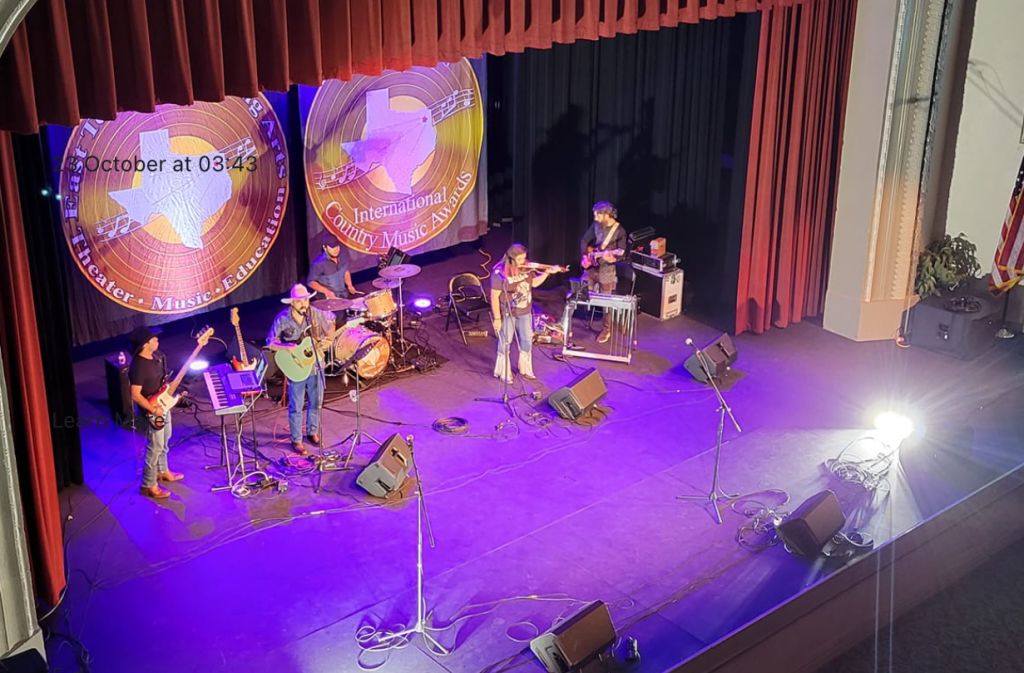Country music has long been a defining element of Texas culture, woven into the fabric of its history and identity. From the open plains to bustling cities, the Lone Star State has been instrumental in shaping the evolution of country music, blending its traditions with innovation to create an enduring legacy.
In this comprehensive article, we’ll explore the roots, milestones, and modern influence of Texas in country music. Along the way, we’ll highlight key artists, styles, and events that have solidified Texas as a cornerstone of the genre.
Source: magentaadventures
Early Roots: How Country Music Found Its Home in Texas
The origins of country music in Texas stretch back to the late 19th and early 20th centuries. Immigrants from diverse backgrounds—German, Czech, Mexican, and African-American—brought their unique musical traditions to Texas, creating a melting pot of sounds. This fusion, combined with the folk ballads of the Southern United States, gave rise to what we now recognize as early country music.
The Role of the Cowboy Culture
Cowboys, ranchers, and settlers played a pivotal role in early Texas country music. Singing around campfires, they shared ballads that captured their experiences on the frontier. These songs often told stories of love, loss, and the ruggedness of life in the West, laying the groundwork for the heartfelt storytelling synonymous with the genre.
One standout feature of this early music was its simplicity: acoustic guitars, fiddles, and banjos were the primary instruments. These elements formed the backbone of the genre, creating a distinct, earthy sound that still resonates in modern country music.
Source: alamy
The Rise of Western Swing in the 1920s and 1930s
As Texas grew and industrialized, so did its music. By the 1920s and 1930s, a new style known as Western Swing emerged, blending elements of jazz, blues, and traditional country. This upbeat, danceable style became wildly popular in dance halls across the state.
Bob Wills and His Texas Playboys
No discussion of Western Swing is complete without mentioning Bob Wills, a Texas legend who revolutionized country music with his band, The Texas Playboys. Hits like “San Antonio Rose” exemplified the genre’s infectious energy and widespread appeal. Wills’ innovative approach to incorporating brass instruments and drums set Western Swing apart, influencing generations of musicians.
Western Swing cemented Texas’ role as a trailblazer in country music, expanding its reach beyond the state’s borders through radio broadcasts and live performances.
The Honky-Tonk Era: Post-War Country Music
The 1940s and 1950s saw the emergence of honky-tonk music, a subgenre characterized by its raw emotion and themes of heartbreak, drinking, and working-class struggles. With the rise of honky-tonk, Texas dance halls and bars became the epicenters of country music.
Ernest Tubb and Lefty Frizzell: Icons of Honky-Tonk
Texas artists like Ernest Tubb, often called the “Texas Troubadour,” and Lefty Frizzell became pioneers of this style. Songs like “Walking the Floor Over You” and “If You’ve Got the Money (I’ve Got the Time)” resonated deeply with audiences, capturing the realities of everyday life.
Honky-tonk brought country music closer to the people, establishing Texas as a source of authenticity and emotional resonance in the genre.
The Outlaw Country Movement of the 1970s
The 1970s marked a rebellious turn in the history of country music with the rise of Outlaw Country, a movement that rejected the polished, commercialized sound of Nashville. Texas became the heart of this revolution, with artists like Willie Nelson, Waylon Jennings, and Kris Kristofferson leading the charge.
Austin: The Epicenter of Outlaw Country
Austin’s thriving music scene, epitomized by venues like the Armadillo World Headquarters, fostered an environment of creative freedom. This period saw the blending of country, folk, and rock, resulting in a sound that appealed to a wider audience.
Albums like Willie Nelson’s Red Headed Stranger and Waylon Jennings’ Honky Tonk Heroes became defining works of the movement, showcasing Texas artists’ ability to push boundaries while staying true to their roots.
Modern Texas Country Music: A Legacy of Excellence
Texas continues to be a powerhouse in country music, producing legendary artists like George Strait—known as the “King of Country”—and contemporary stars such as Kacey Musgraves, Parker McCollum, and Cody Johnson. These artists carry forward Texas’ tradition of blending innovation with authenticity.
Independent Scene and Festivals
One of the defining features of Texas country music today is its thriving independent scene. Cities like Austin, Fort Worth, and Dallas are home to countless local bands and singer-songwriters who keep the genre vibrant and evolving.
Texas also hosts some of the largest country music festivals in the world, including the Houston Livestock Show and Rodeo, Austin City Limits Music Festival, and the Gruene Music & Wine Festival. These events celebrate the state’s musical heritage while showcasing emerging talent.
Source: texasmonthly
The Influence of Texas Country Music on the Genre
Texas has contributed significantly to the global country music landscape, influencing not just the sound but also the culture of the genre. Its artists have consistently pushed the boundaries of country music, blending it with other styles like rock, blues, and folk.
From the soulful storytelling of early cowboy ballads to the rebellious spirit of Outlaw Country, Texas has shaped the genre’s evolution. Even today, its music reflects the diversity, resilience, and creativity of the Lone Star State.
Conclusion
Texas is more than just a backdrop for country music—it’s a driving force that has shaped the genre’s past, present, and future. From cowboy ballads and Western Swing to Outlaw Country and modern hits, Texas has consistently led the way in innovation and storytelling.
As the music continues to evolve, Texas remains a beacon of authenticity, creativity, and tradition in the world of country music. Whether you’re a lifelong fan or a curious newcomer, exploring Texas’ rich musical history is an unforgettable journey into the heart of the genre.
